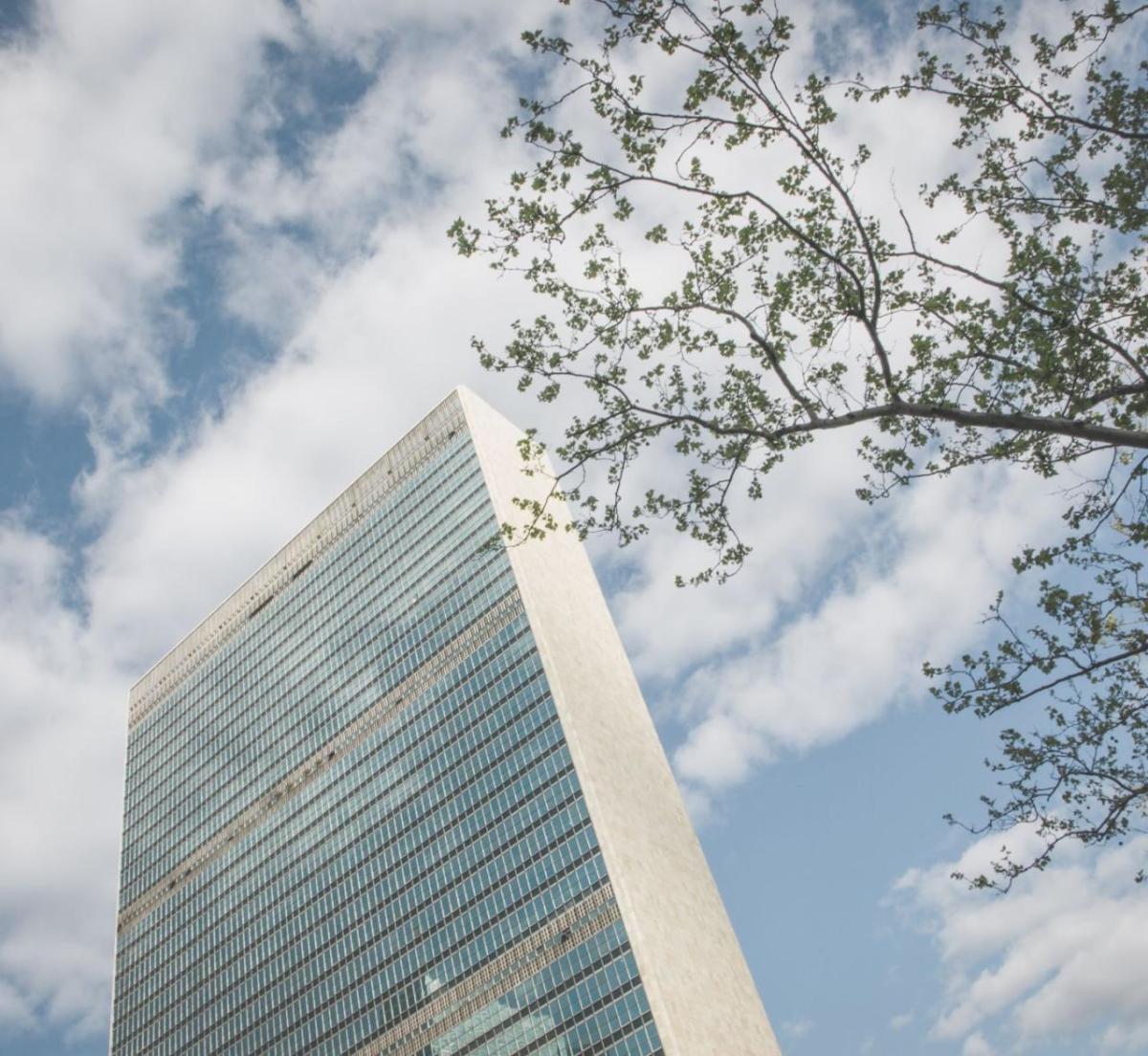Climate Talks: Countdown to COP28. Ermenegilda Boccabella on Anticipations for COP, Insights Into the Global Stocktake, and the Cost of Inaction

As part of our ‘Climate Talks’ series ahead of COP28, we chatted to Ermenegilda Boccabella, who recently joined South Pole as Director of Public Affairs, to discuss her background, the global stocktake and her anticipations for COP28.
You have just joined South Pole - welcome and so nice to have you! Give us a little bit of backstory on yourself: where did your passion for working in climate originate and what has led you here?
I have just come from a tech company, also based here in Berlin, where I was the global head of corporate responsibility. I led a team developing robust sustainability reporting, including greenhouse gas GHG inventories, net zero, and emission reduction targets, and company-wide product alignment with the Sustainable Development Goals.
Before moving to Berlin, I was based in Brussels where I worked with leading energy and tech companies on their approach to emissions and sustainability. On the side, I advised on international emissions reduction conventions for a variety of stakeholders, including Pacific Small Island Developing States. I was a negotiator at the Paris Agreement and have worked on the Montreal Protocol and the Minamata Convention.
Though I have lived in Europe for the past decade, I was born and raised in Australia and started my career as a lawyer in Brisbane many, many years ago. My passion for climate action was ignited by the approval of a large-scale coal mine in my home state of Queensland.
Recently, the UNFCCC released the first report of the global stocktake which will culminate in Dubai at COP28. What do you see as its key insights?
The global stocktake is a mechanism of the Paris Agreement which reviews the level of ambition and implementation underway in each country. Along with the Nationally Determined Contributions (NDCs), it makes up much of the “transparency toolbox" embedded in the Paris Agreement. In many ways, the NDCs set the intention of country-level action and the global stocktake assesses their effectiveness and achievements.
Overall, we know we aren't doing enough. All countries are now having to deal with the consequences of extreme climates, whether it be hot and dry summers, cold and wet winters, fires, floods, or drought. The cost of inaction far exceeds the cost of action. We need to intensify efforts, and particularly focus on transforming critical parts of the global economy that support those who are most vulnerable to climate change. Practically, that means decarbonising energy use as quickly as possible and protecting biodiversity by halting land degradation.
And what does this mean for the future of climate governance and the private sector specifically - what is the global call to action, in your opinion?
Several regulatory sustainability requirements are coming into force across the world. They increase the non-financial reporting obligations of private companies, in some cases requiring them to disclose sustainability impacts and risks. In the next few years, regulators will have a much clearer picture of how their economies are contributing to climate action, where emission reductions are needed, and how to achieve the SDGs. They will be able to identify the sectors lagging behind and begin to regulate them.
Over the past five years, my advice to corporations has been this: you have until the end of this decade to decide how you decarbonise. As we get closer and closer to 2050, companies without a viable decarbonisation pathway will be regulated.
To stay ahead of the curve, companies must ensure they have developed annual greenhouse gas inventories, invest in decarbonising their processes, review their sustainability risks, and fund climate action - especially within their supply chains.
With the context of this – what are your anticipations for COP and the implementation of the Paris Agreement?
The focus of COP28 will be on fine-tuning Article 6 rules, the first global stocktake, and just transition mechanisms. I think there will be many discussions around NDCs and about political agendas in countries with significant national elections.
I hope we will make strides forward in our investment commitments, especially in the Global South. This year, we heard clear calls to action from the UN Africa Climate Week and Climate Week in New York, rooted in ambition and finance, which can be built on at COP28. 2030 is just around the corner, so governments, projects, and stakeholders need to be practical. Phasing out fossil fuels, tripling renewable energy capacity, and closing the gap between the Global North and the Global South are no less than crucial.

